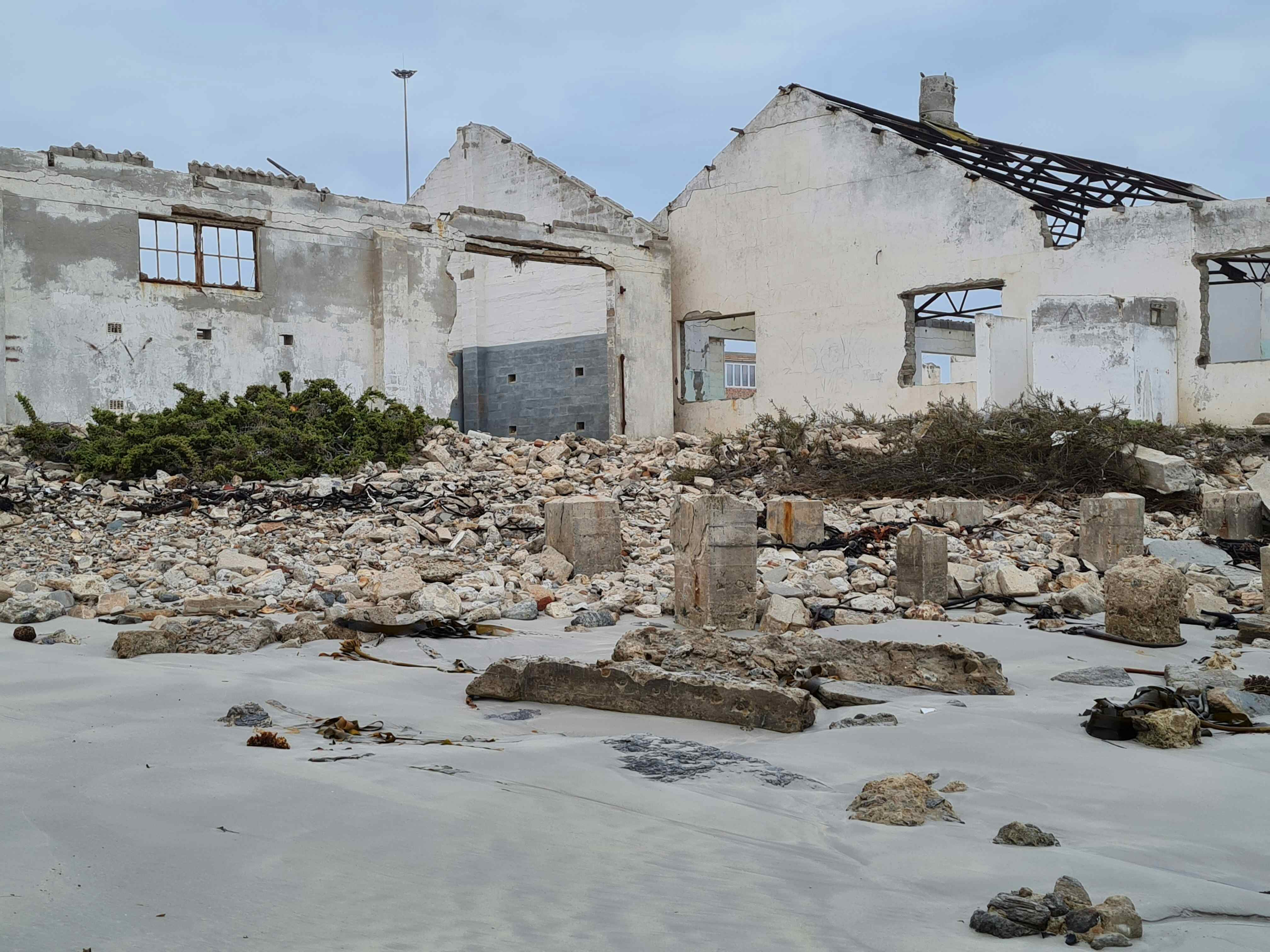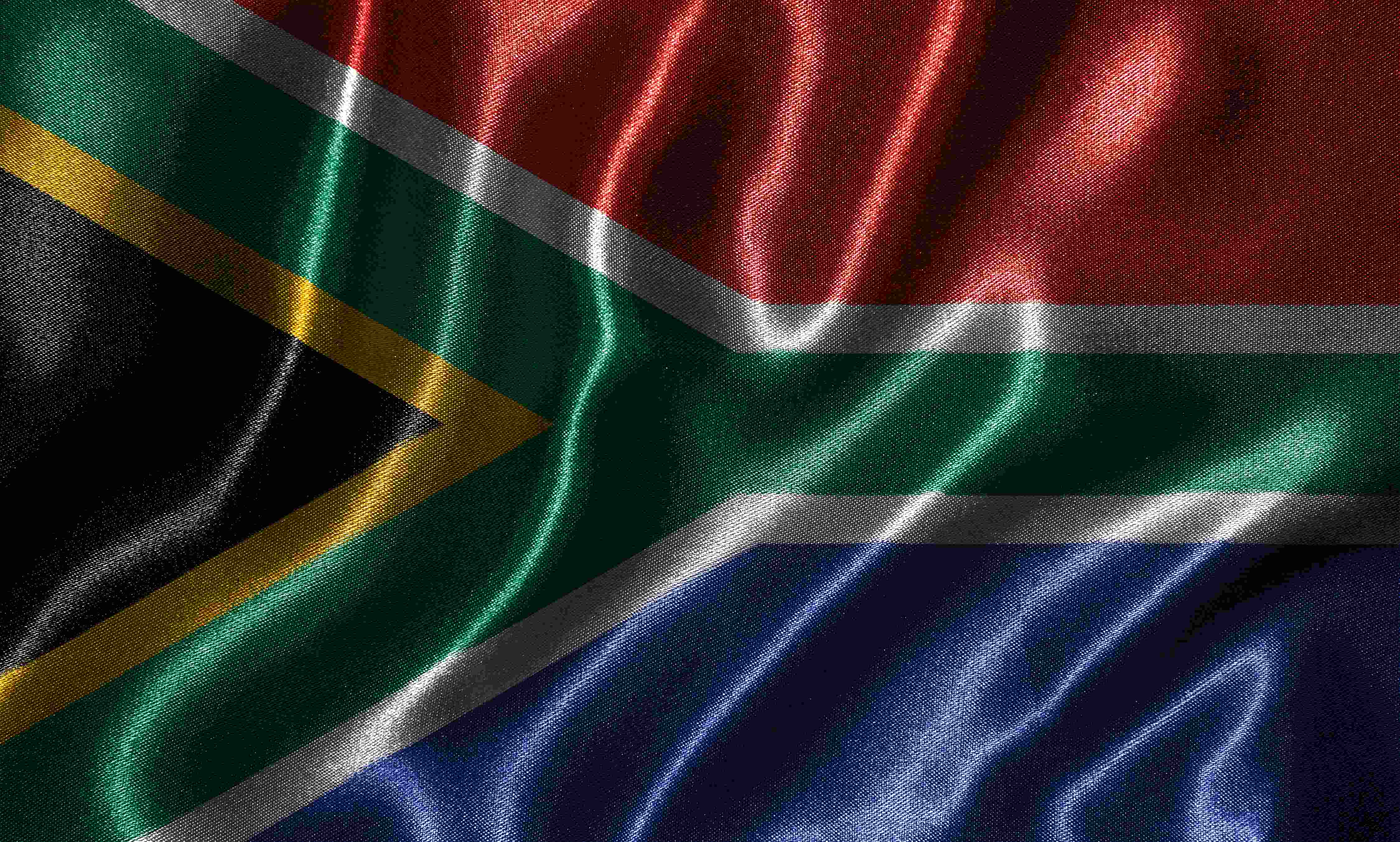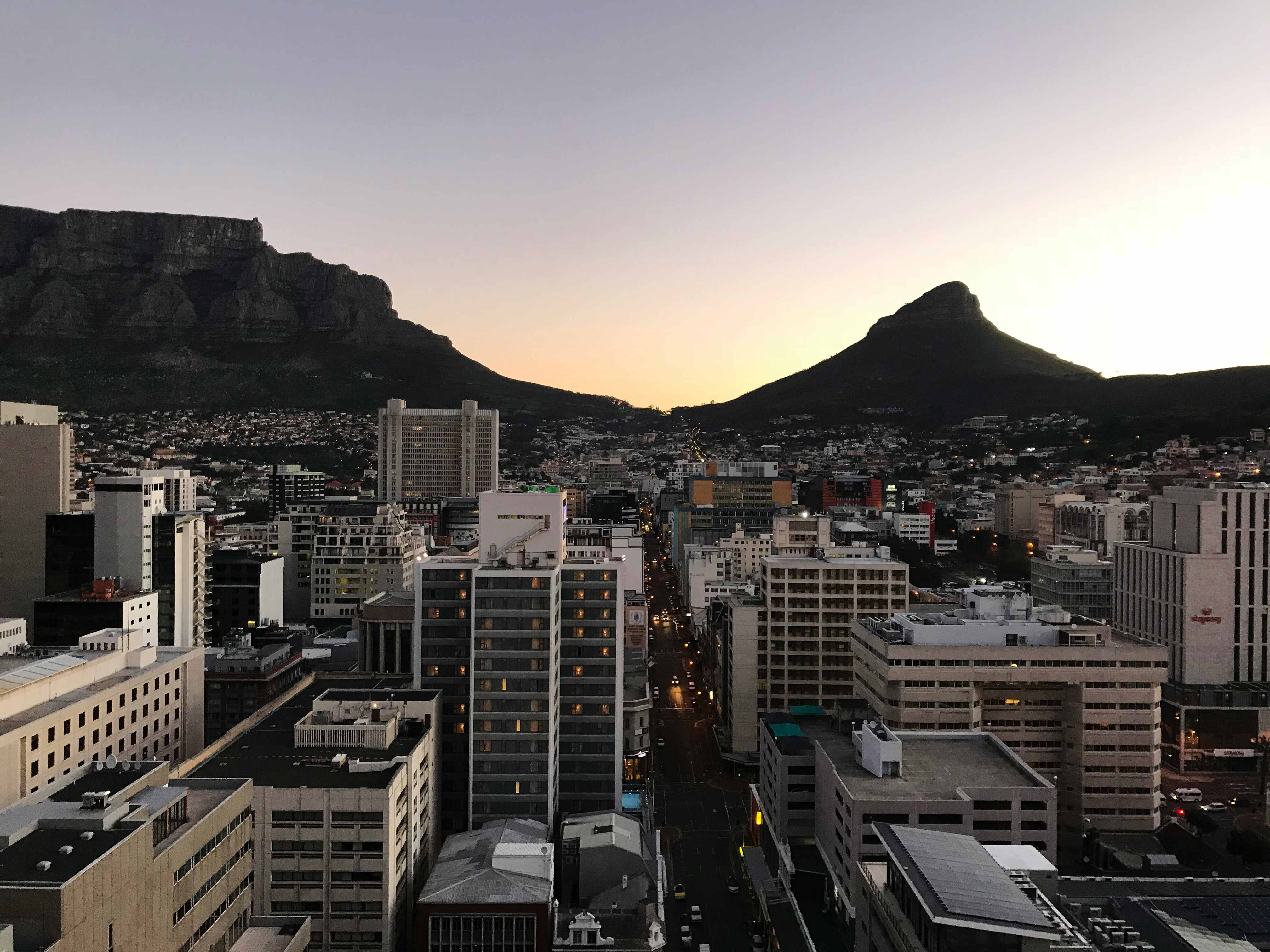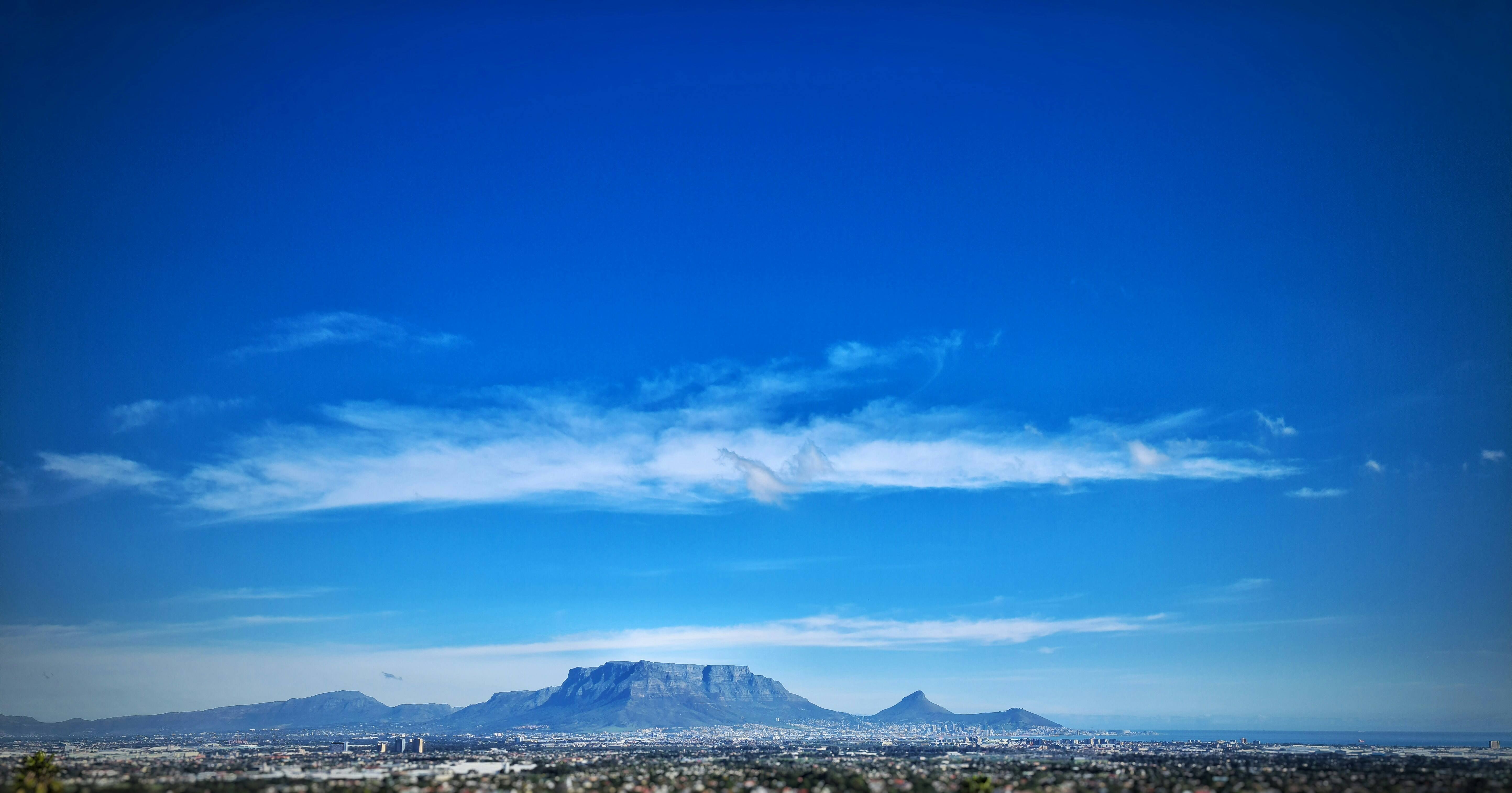Welcome to Journeeo
Explore the rich and complex history of South Africa from ancient civilizations to modern-day developments. Discover the key events, cultures, and figures that have shaped this diverse nation.
South Africa, a land of stunning landscapes and diverse cultures, boasts a rich and complex history that spans thousands of years. From the early civilizations that thrived in its varied terrains to the modern nation’s dynamic political landscape, South Africa’s history is a tapestry woven with significant events, influential figures, and cultural milestones. This historical overview will take you on a journey through time, exploring the key periods that have shaped South Africa from ancient civilizations to the present day.
Ancient Civilizations

The Earliest Inhabitants
South Africa’s history begins with some of the earliest known human ancestors. The region is home to significant archaeological sites that have provided insight into human evolution.
- Cradle of Humankind: Located near Johannesburg, this UNESCO World Heritage site has yielded numerous hominid fossils, including those of Australopithecus africanus and Homo naledi. These discoveries suggest that South Africa was a crucial area in the development of early humans.
- Blombos Cave: This site on the southern coast has produced artifacts dating back over 70,000 years, including early examples of art and tools.
San and Khoikhoi Cultures
Before the arrival of Bantu-speaking peoples, the region was inhabited by the San and Khoikhoi (Khoisan) peoples.
- San People: Also known as Bushmen, the San were hunter-gatherers with a deep knowledge of the natural environment. They are renowned for their rock art, found in sites such as the Drakensberg Mountains, depicting their way of life and spiritual beliefs.
- Khoikhoi: The Khoikhoi were pastoralists who lived in the western parts of South Africa. They domesticated livestock and had a more settled lifestyle compared to the nomadic San.
Bantu Migrations
Around 2,000 years ago, Bantu-speaking peoples began migrating into South Africa from the north.
- Iron Age Settlements: The Bantu brought with them advanced agricultural techniques and ironworking skills. They established settlements in regions such as the Limpopo Valley and KwaZulu-Natal.
- Great Zimbabwe: Although located in present-day Zimbabwe, the influence of this powerful kingdom extended into parts of northeastern South Africa. It is known for its impressive stone structures and trade networks.
Colonial Era

Arrival of the Portuguese
In the late 15th century, Portuguese explorers reached the southern tip of Africa.
- Bartholomeu Dias: In 1488, Dias became the first European to round the Cape of Good Hope, paving the way for future maritime routes to Asia.
- Vasco da Gama: In 1497, da Gama’s expedition reached the east coast of Africa, establishing a sea route to India.
Dutch Colonization
The Dutch East India Company established the first European settlement in South Africa in 1652.
- Cape Colony: Founded by Jan van Riebeeck at what is now Cape Town, the colony served as a replenishment station for ships traveling to and from the East Indies.
- Expansion and Conflict: The Dutch settlers, or Boers, expanded into the interior, leading to conflicts with the Khoisan and later the Xhosa people.
British Rule
The British took control of the Cape Colony in the early 19th century.
- Abolition of Slavery: In 1834, the British abolished slavery in the Cape Colony, causing economic and social upheaval among the Boers.
- Great Trek: In response to British policies, many Boers embarked on the Great Trek, moving into the interior and establishing independent Boer republics such as the Orange Free State and the Transvaal.
The 19th and Early 20th Centuries

Zulu Kingdom
The Zulu Kingdom rose to prominence in the early 19th century under the leadership of Shaka Zulu.
- Military Innovations: Shaka introduced new military tactics and weapons, transforming the Zulu army into a formidable force.
- Conflicts: The expansion of the Zulu Kingdom led to conflicts with neighboring groups and eventually with British colonial forces.
Mineral Discoveries
The discovery of diamonds and gold in the late 19th century transformed South Africa’s economy and society.
- Diamond Fields: Diamonds were discovered in Kimberley in 1867, leading to a rush of prospectors and the establishment of mining operations.
- Witwatersrand Gold Rush: In 1886, gold was discovered on the Witwatersrand, leading to the rapid growth of Johannesburg and a surge in foreign investment.
Anglo-Boer Wars
The Boer republics and the British Empire clashed in two major conflicts.
- First Anglo-Boer War (1880-1881): The Boers successfully resisted British attempts to annex the Transvaal.
- Second Anglo-Boer War (1899-1902): This more extensive conflict resulted in a British victory and the eventual incorporation of the Boer republics into the British Empire.
Apartheid Era

Institutionalized Racism
In 1948, the National Party came to power and implemented a policy of apartheid, or racial segregation.
- Laws and Policies: Apartheid laws institutionalized racial discrimination, segregating communities, and limiting the rights of non-white South Africans.
- Homelands: The government created separate territories for black South Africans, known as homelands or Bantustans, stripping them of their citizenship in “white” South Africa.
Resistance and Repression
Various groups and individuals resisted apartheid, facing severe repression.
- African National Congress (ANC): Founded in 1912, the ANC led the struggle against apartheid, organizing protests, strikes, and armed resistance.
- Sharpeville Massacre: In 1960, police opened fire on a peaceful protest in Sharpeville, killing 69 people and sparking international condemnation.
- Imprisonment of Leaders: Key anti-apartheid leaders, including Nelson Mandela, were imprisoned for their activities.
Transition to Democracy

Internal and External Pressure
By the 1980s, increasing internal resistance and international pressure forced the apartheid regime to consider reforms.
- Economic Sanctions: Countries around the world imposed economic sanctions on South Africa, putting pressure on the government to change its policies.
- Mass Protests: Widespread protests and civil unrest made it clear that apartheid was unsustainable.
Negotiations and Reforms
In the early 1990s, negotiations between the government and anti-apartheid leaders led to significant changes.
- Release of Nelson Mandela: In 1990, Nelson Mandela was released from prison after 27 years, signaling a major shift in the political landscape.
- End of Apartheid: Apartheid laws were gradually repealed, and negotiations paved the way for a democratic transition.
Democratic Elections
In 1994, South Africa held its first democratic elections, marking the end of apartheid.
- Election of Nelson Mandela: Nelson Mandela became South Africa’s first black president, leading a government of national unity.
- New Constitution: A new constitution, adopted in 1996, enshrined equal rights for all citizens and established a framework for a democratic South Africa.
Modern Day South Africa

Economic and Social Challenges
Post-apartheid South Africa has faced significant challenges, including economic inequality, unemployment, and social tensions.
- Economic Inequality: Despite progress, South Africa remains one of the most unequal societies in the world, with a significant wealth gap between rich and poor.
- Unemployment: High unemployment rates, particularly among young people, continue to pose a major challenge.
Political Landscape
South Africa’s political landscape has evolved since the end of apartheid.
- African National Congress (ANC): The ANC has remained the dominant political party, winning the majority of elections since 1994. However, it has faced criticism and challenges related to corruption and governance issues.
- Opposition Parties: Other parties, such as the Democratic Alliance (DA) and the Economic Freedom Fighters (EFF), have gained support, providing alternatives to the ANC.
Cultural Renaissance
South Africa’s cultural scene has flourished, reflecting its diverse heritage and contemporary creativity.
- Music and Arts: South African music, dance, and visual arts have gained international recognition, with genres like jazz, kwaito, and amapiano becoming globally popular.
- Literature and Film: South African writers and filmmakers have made significant contributions to global culture, exploring themes of identity, history, and social change.
Conclusion
South Africa’s history is a rich and complex narrative of ancient civilizations, colonial conquest, struggle, and triumph. From the earliest human ancestors to the vibrant, diverse nation it is today, South Africa’s journey is a testament to resilience and transformation. Understanding this history provides valuable insights into the country’s current challenges and achievements, and the enduring spirit of its people.
Key events in South Africa’s history include the arrival of the Dutch in 1652, the Great Trek in the 1830s, the discovery of diamonds and gold in the late 19th century, the Anglo-Boer Wars, the implementation of apartheid in 1948, and the democratic transition in 1994.
Influential figures in South African history include Nelson Mandela, Desmond Tutu, Shaka Zulu, Jan van Riebeeck, and Cecil Rhodes. These individuals played significant roles in shaping the nation’s political, social, and cultural landscape.
Since the end of apartheid, South Africa has made progress in areas such as human rights, economic development, and cultural expression. However, the country still faces challenges related to economic inequality, unemployment, and social tensions.
